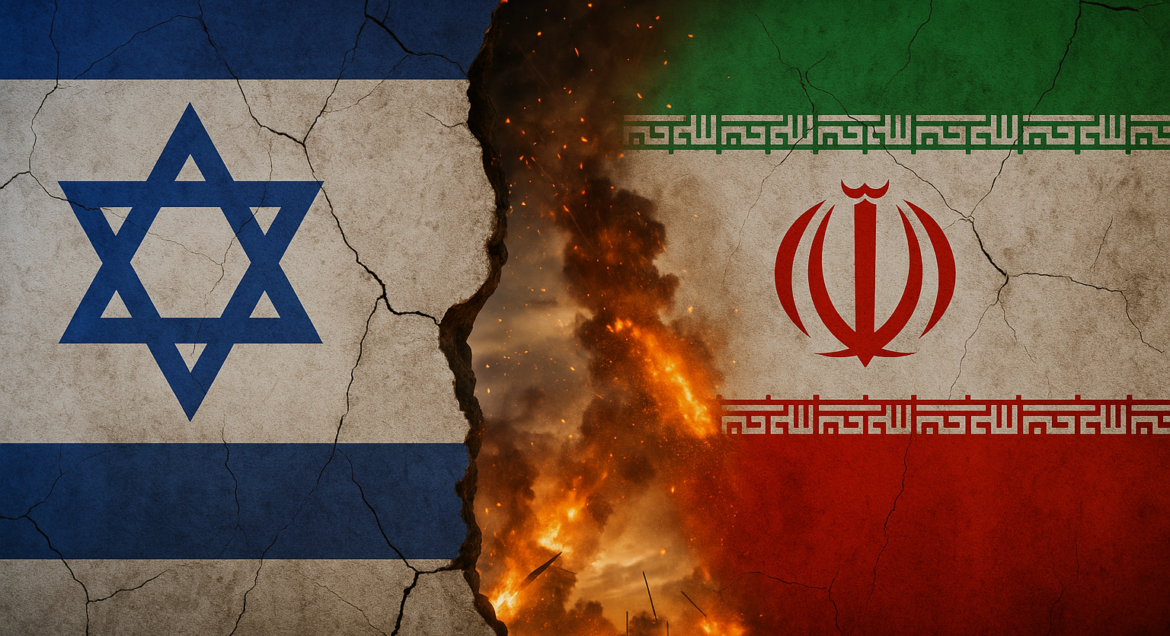The tensions between Israel and Iran date back to the 1979 Iranian Revolution, which brought Ayatollah Khomeini to power, and Iran became an Islamic republic. As a result of the fundamentalist Islamic views of the Ayatollah, the new government was strongly anti-Israel and anti-Western, and relations between Israel and Iran deteriorated significantly.
In the 1990s, Iran began to openly express its opposition to Israel’s existence and was instrumental in the rise of Hezbollah in Lebanon and Hamas in Gaza, which are both anti-Israel militia organizations backed by Iran that are committed to liberating Palestine from Israeli occupation. Israel considered both organizations as terrorist organizations, and Iran’s sponsorship of these organizations further increased tensions between Israel and Iran.
The recent escalation of tensions resulted from the October 7, 2023, attacks when Hamas and other Palestinian groups launched a surprise attack on Israel, which resulted in the deaths of around 1,200 people who were mostly civilians and the taking of more than 240 hostages that included civilians and soldiers.
This elicited reprisal attacks by Israel, which further deteriorated into a full-blown war between Israel and Hamas as Israel appeared bent on eliminating Hamas once and for all. While Israel battled with Hamas in Gaza, Hezbollah, also sponsored by Iran, started attacking Israel from their northern borders, and Israel responded by making incursions into Lebanon to attack Hezbollah where they are based. Within this period, Iran also directly attacked Israel on two occasions with the use of missiles and drones, which Israel promptly responded to. Still, no one expected the June 12 attacks, which saw Israel for the first time initiating an offensive against Iran.
While many world leaders are intervening to douse the recent escalation of violence between both countries, some are already taking sides, and there are genuine fears that a full-blown war between Israel and Iran could break out, which would have far-reaching implications for the global economy. Both countries play significant roles in the global energy market, and conflict would disrupt oil supplies, leading to price volatility and potential shortages.
Oil prices already spiked immediately after the June 12 attack as Iran is a major oil producer, and any disruption to its production and exports would destabilize the global oil market. This would have a ripple effect on the global economy, leading to higher inflation, reduced economic growth, and increased costs for consumers and businesses.
The conflict would also likely disrupt global supply chains, particularly in the Middle East, leading to shortages and delays in the delivery of goods. This would have a significant impact on industries such as manufacturing, logistics, and trade. A war between Israel and Iran would likely destabilize the entire region, leading to potential conflicts with other countries and exacerbating existing tensions. This would create uncertainty and volatility in financial markets, making it challenging for businesses and investors to operate.
The conflict would likely lead to a significant humanitarian crisis, with potential displacement of people, loss of lives, and damage to infrastructure. This would put pressure on global humanitarian organizations and governments to respond. The conflict would also likely impact global trade, particularly in the energy sector. Countries that rely heavily on oil imports from the region would need to find alternative sources, leading to increased costs and potential shortages.
On the flip side, Oil-producing countries outside the Middle East, such as the United States, Brazil, Nigeria, and Russia, could benefit from higher oil prices as a result of the conflict. industries involved in defence and security could also see increased demand for their products and services.
The hardest hit will be countries heavily reliant on oil imports, such as many European nations, as they would have to struggle with higher energy costs and potential shortages. Industries that rely heavily on stable global supply chains, such as manufacturing and logistics, could also face significant disruptions and increased costs.
A Full-blown war between Israel and Iran would have significant implications for the global economy, leading to oil price volatility, supply chain disruptions, regional instability, humanitarian crises, and global trade implications. While some countries and companies might benefit from the conflict, many others would likely suffer significant economic losses.
Oshobi, a development economist, management consultant, and author, writes from Lagos, Nigeria.

